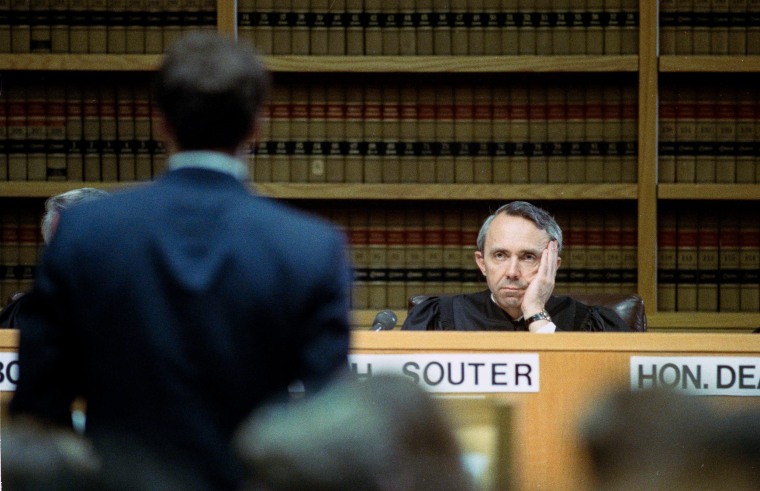David Souter: The Quiet Supreme Court Justice Who Shaped American Law

David Souter, a name once little known outside New England, rose to prominence as an influential United States Supreme Court Justice. Appointed in 1990, Souter quickly proved that initial assumptions about a justice’s ideology can be misleading. This article explores his journey, legacy, and lasting influence on American law.
From New Hampshire Roots to the Nation’s Highest Court
Born in Massachusetts, David Souter was deeply connected to New Hampshire, where he led a modest and private life. Before joining the Supreme Court, Souter served as New Hampshire's attorney general, a state judge, and briefly as a federal court of appeals judge. His academic credentials included degrees from Harvard and Oxford, laying a strong foundation for his legal career.
In 1990, President George H.W. Bush nominated Souter to the Supreme Court to fill the vacancy left by Justice William Brennan. Few knew how critical his appointment would become. Many conservatives saw him as a "stealth" pick, expecting staunchly conservative rulings from the reserved jurist (NBC News).
A Justice Who Defied Expectations
Once seated, David Souter quickly confounded expectations. Instead of toeing a rigid ideological line, he demonstrated independence and a growing affinity for centrist and liberal jurisprudence. Early in his tenure, Souter’s opinions began reflecting a respect for precedent and a nuanced view of constitutional rights. One of his defining moments came in 1992 during the landmark Planned Parenthood v. Casey case. Souter joined Justices Sandra Day O’Connor and Anthony Kennedy in upholding the core principle of Roe v. Wade. His careful, thoughtful approach marked the decision as one of the most significant for reproductive rights in the United States.
Impact and Conservative Backlash
Souter’s unexpected moderation led to disappointment among some conservatives, who coined the phrase "No more Souters" to express their resolve to avoid similar surprises in future judicial nominations (The New York Times). Over his 19-year tenure, David Souter consistently sided with the liberal bloc on issues such as abortion, the death penalty, and LGBTQ rights. He stood firm in dissents during politically charged cases like Bush v. Gore in 2000, which effectively ended the Florida recount and decided the presidential election.
Life After the Supreme Court
Souter retired from the Court in 2009, allowing President Barack Obama to appoint Sonia Sotomayor as his successor. After stepping down, he returned to New Hampshire, choosing simplicity and privacy over the spotlight. His colleagues, including Justice Sotomayor, have remembered him for his wisdom, humility, and kindness.
David Souter’s Enduring Legacy
David Souter passed away in 2025 at age 85, but his judicial philosophy and the precedent he helped preserve continue to resonate in American law. He demonstrated that unpredictability on the bench can strengthen the judiciary and inspire public trust. For more details on Souter’s Supreme Court journey and impact, read NBC News’ full obituary here. Further remembrance and official statements can be found at The New York Times’ coverage.
David Souter remains a symbol of how a quiet dedication to principle can leave an indelible mark on a nation’s highest court. His legacy endures as a lesson on the importance of thoughtful, independent jurisprudence in shaping American history.